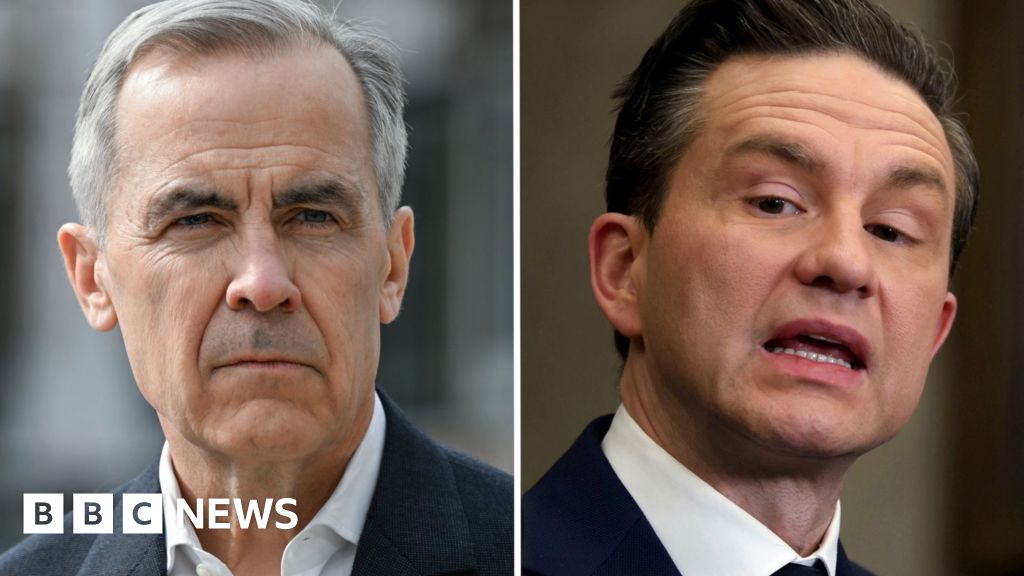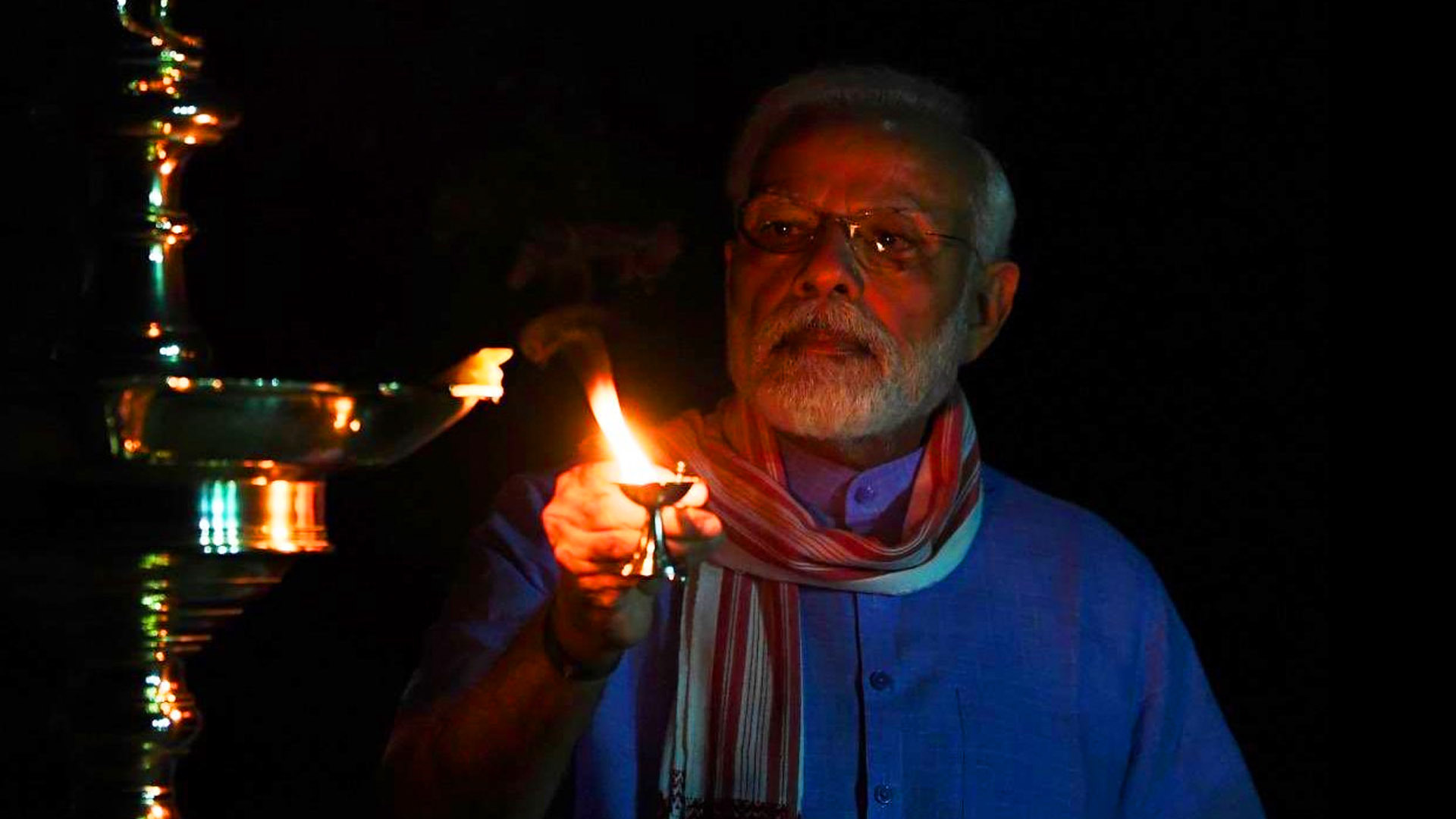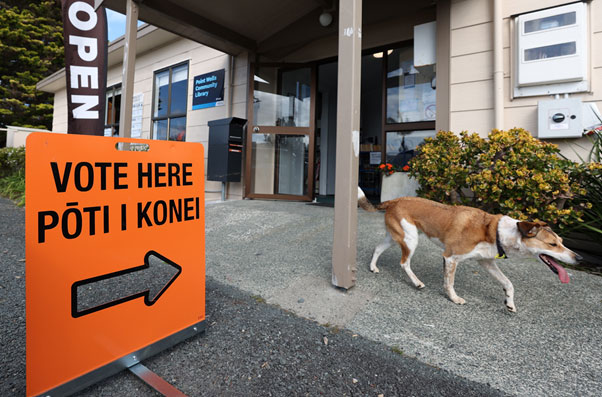EU hikes tariffs on Chinese EVs, prompting rebuke from Beijing | Automotive Industry
China’s Commerce Ministry promises to take ‘all necessary measures’ to protect the interests of Chinese firms.
The European Union has decided to sharply raise tariffs on Chinese-made electric cars, prompting an angry response from Beijing.
The tariffs of up to 45.3 percent will take effect on Wednesday after an inquiry concluded that Beijing was undercutting European carmakers with unfair state subsidies.
China’s Ministry of Commerce on Wednesday said it did not agree with or accept the tariffs.
“We also noticed that the EU side indicated it would continue to negotiate with China on price commitments,” the ministry said in a statement, adding that Beijing would take “all necessary measures to firmly protect the legitimate rights and interests of Chinese companies”.
Beijing, which during the probe accused Brussels of “unfair” and “unreasonable” protectionism, has launched its own investigations into imports of European goods, including dairy and pork products.
The European Commission, which is responsible for the bloc’s trade policy, announced the tariff hikes on Tuesday after negotiations between Brussels and Beijing failed to reach a compromise in their long-running dispute over electric vehicle (EV) sales.
Under the revised trade rules, the bloc will impose tariffs ranging from 7.8 percent for Tesla to 17 percent for the Shenzhen-based BYD and 35.3 percent for the Shanghai-headquartered SAIC, on top of a standard 10 percent duty for imported vehicles.
The Commission has argued that state subsidies have enabled Chinese carmakers to unfairly price out their European rivals.
About 19.5 percent of EVs sold in the bloc last year were made in China, with the policy group Transport & Environment predicting Chinese carmakers’ market share to exceed one-quarter in 2024.
EU trade chief Valdis Dombrovskis said on Tuesday that the tariffs were an example of the bloc “standing up for fair market practices and for the European industrial base”.
“We welcome competition, including in the electric vehicle sector, but it must be underpinned by fairness and a level playing field,” Dombrovskis said.
The tariffs have caused controversy within the EU itself, however, with Germany and Hungary raising concerns that the measures could lead to a damaging trade war between the sides.
Check out our Latest News and Follow us at Facebook
Original Source







